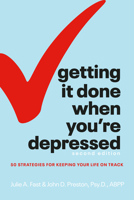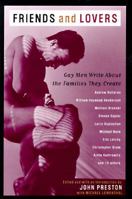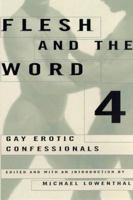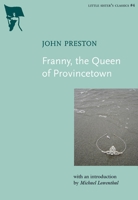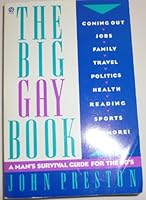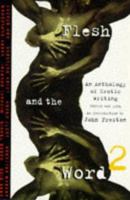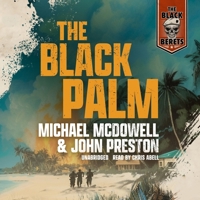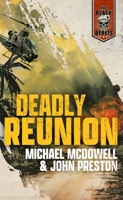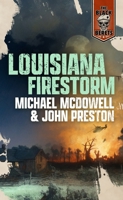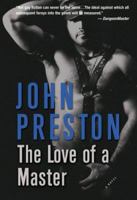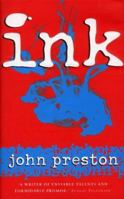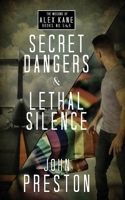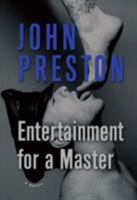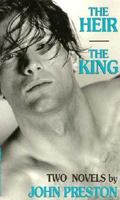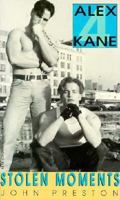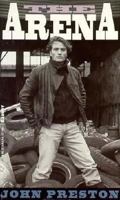Immoral Games
(Book #2 in the Immoral Series)
I've been stranded in a cabin in the wilderness with my two gorgeous but damaged stepbrothers, and my overprotective stepfather. We've crossed boundaries that in normal society would never be traversed, and now we can never go back to what we were.
We thought the biggest threat to our lives was Mother Nature.
We were wrong.
In desperation, we tried to reach safety, but a new danger has emerged.
Now we've been taken by gun-runners who know who we are.
They force us to play their games for their own entertainment while they try to figure out what to do with us.
The relationships that saved our lives are being tested to the extreme.
They're trying to break us, but we won't give up.
Not when we have each other. Immoral Games is a dark contemporary why choose romance
We thought the biggest threat to our lives was Mother Nature.
We were wrong.
In desperation, we tried to reach safety, but a new danger has emerged.
Now we've been taken by gun-runners who know who we are.
They force us to play their games for their own entertainment while they try to figure out what to do with us.
The relationships that saved our lives are being tested to the extreme.
They're trying to break us, but we won't give up.
Not when we have each other. Immoral Games is a dark contemporary why choose romance
Format:Paperback
Language:English
ISBN:B0C1J1LXHS
ISBN13:9798391119289
Release Date:April 2023
Publisher:Independently Published
Length:292 Pages
Weight:0.82 lbs.
Dimensions:0.7" x 5.5" x 8.5"
More by John Preston
Customer Reviews
1 customer rating | 1 review
There are currently no reviews. Be the first to review this work.













